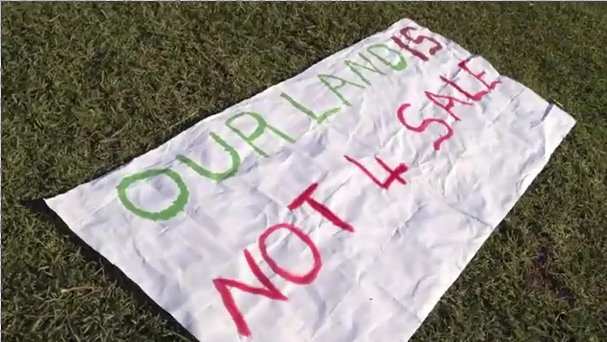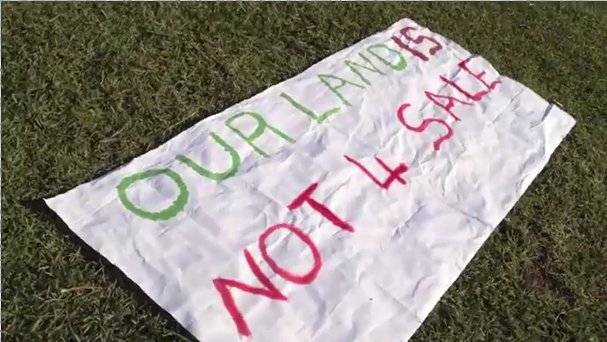Tanzania : new study shows that large scale investment likely to disadavantage smallholder farmers


Morogoro, Tanzania – The co-existence of large scale and smallholder farmers in only possible, when there is a water tight legal framework, secure land rights and accountability land governance in the country, new study shows.
A study conducted by Dr Kenneth Bengesi of Sokoine University of Agriculture (SUA) to assess the impact of Biofuel Investments on local livelihood in Tanzania indicates that large scale investment is likely to disadvantage the small producers due to existing legal framework.
“With the current legal framework, where there is insecure land rights and weak land governance, the two fail to co-exist in a win-win situation,” said Dr Bengesi, when presenting his findings at the MVIWATA 20th anniversary done recently here in Morogoro.
The study that was done in Kisarawe , shows that small holder farmers are not happy with bio-fuel investment in their area considering disadvantages in socio-economic impact, ecological systems and land acquisition.
According to Dr Bengesi, the large scale farmers are profit driven and therefore they may not necessarily care about the interests of smallholder farmers.
The study commissioned by the National Network of farmers’ groups in Tanzania (MVIWATA) says that 82 per cent of respondents said were not involved in the land acquisition’s negotiation process while 14 per cent were involved and 4 per cent were undecided.
Sun Biofuels, which acquired over 8,000 hectares of land of which 2,000 ha were planted jatropher by the time of study, is reported to have made several catch promises to the community including employment creation, construction of roads, schools, water wells and dispensaries.
However, the study says 98 per cent of the promises were not fulfilled and the two per cent was just partially fulfilled.
“There was also a threat to food security in the area as family labor force in agriculture dropped from 72 per cent before 2007 to 38 per cent in 2012. Work pattern shifted by throwing more burden to women despite a slight increase of paid workers on farms,” the report states.
He said the community was not given any legal support during negotiation and assigned to UCLAS by Sun Biofuel took two days for each village.
However, villagers and village leaders don’t know how much land they offered to the company while the compensation doesn’t show how much land was compensated to individuals.
The Kisarawe scenario is said to be an example of many agriculture-related investments in the country.
“This is the feedback on losers and gainers in the on-going agriculture investments in the country. Small holder farmers are always not considered as investors and therefore the two cannot co-exist,” said Stephen Ruvuga, MVIWATA executive director.
According to him, investment permits are sometimes manipulated in the cost of local livelihood.
“Therefore, such kind of agriculture-related investments are not only threatening economic development in those areas but also the welfare of majority Tanzanians who are farmers,” he said.
Over 70 per cent of Tanzanians depend on agriculture. It’s the largest employer and provides some traditional exports like coffee, tobacco and cloves.
